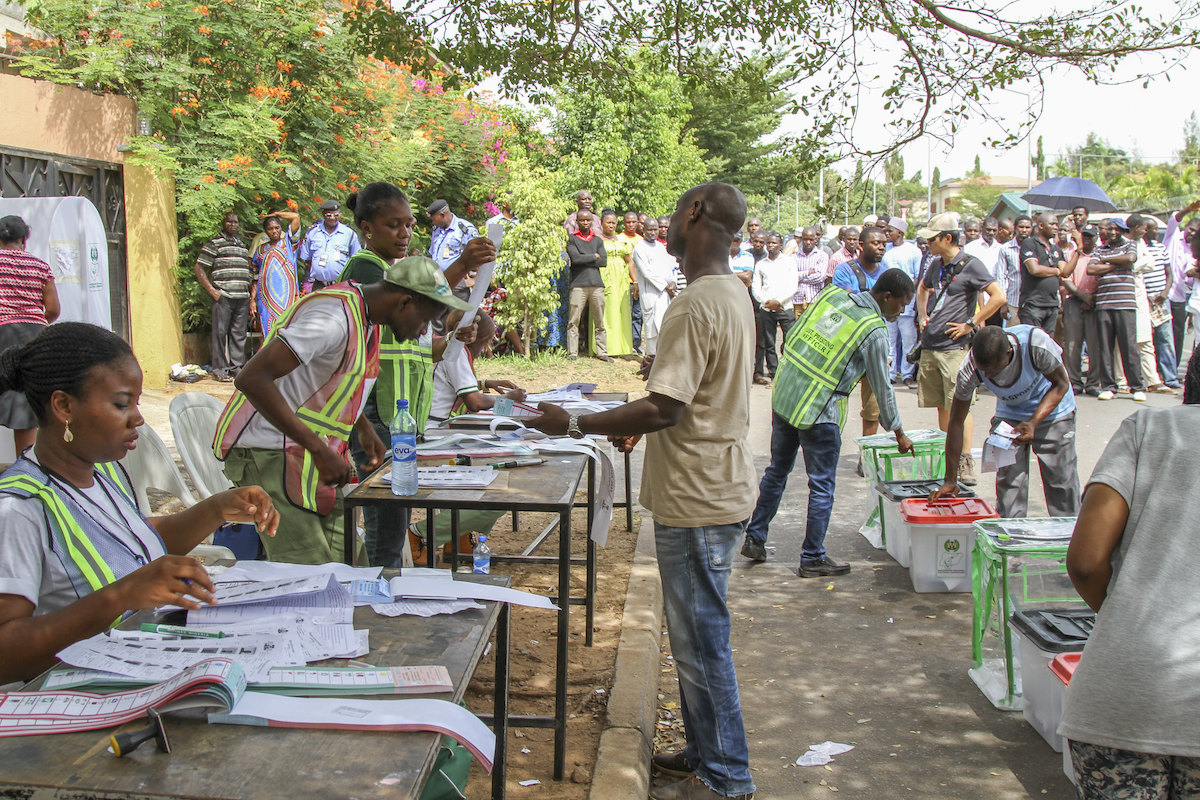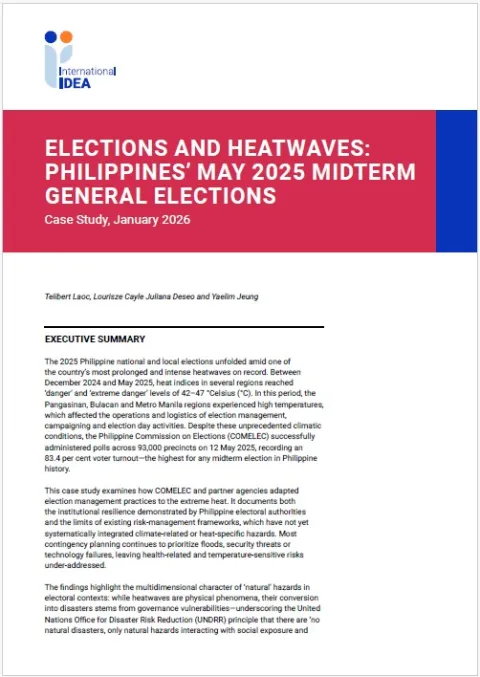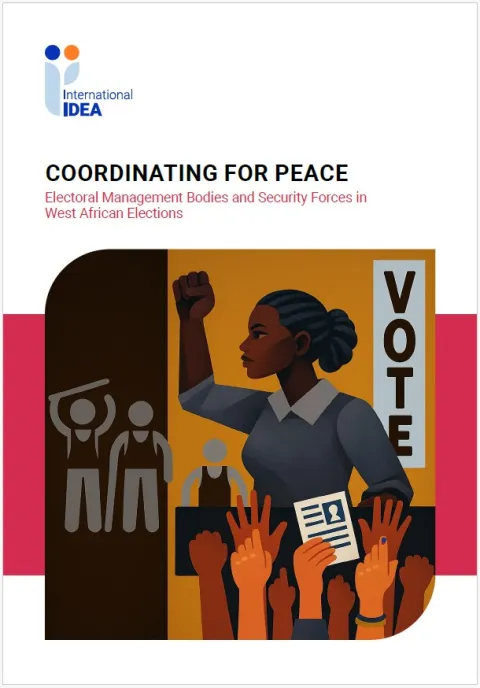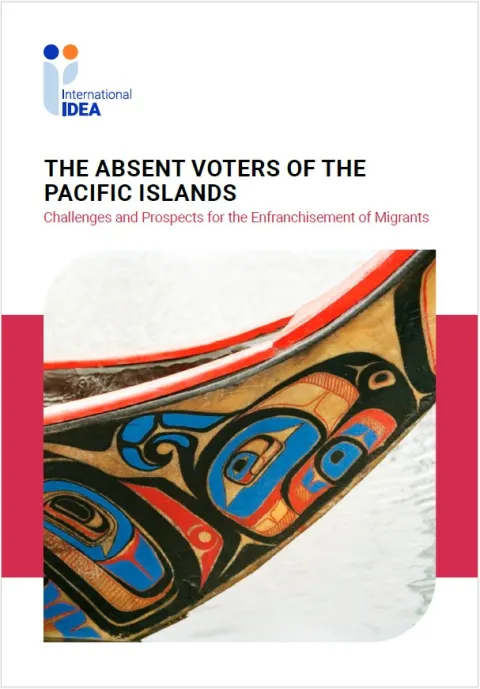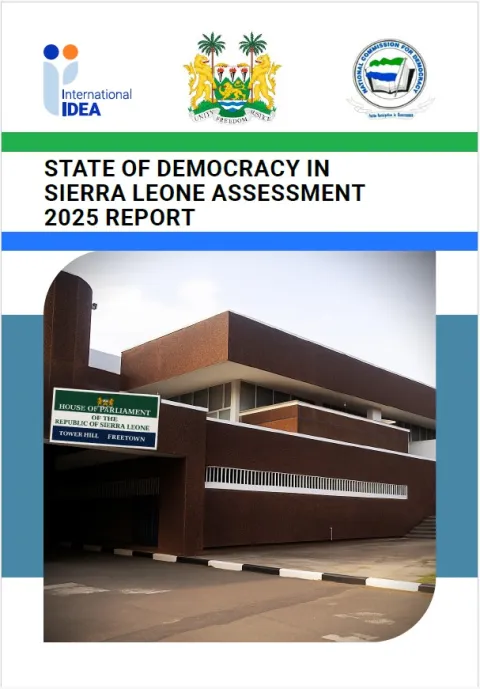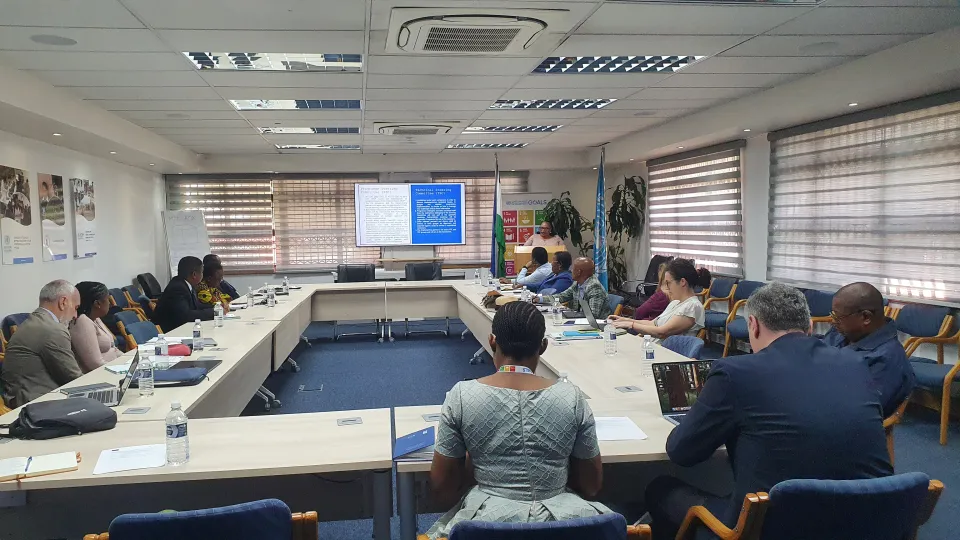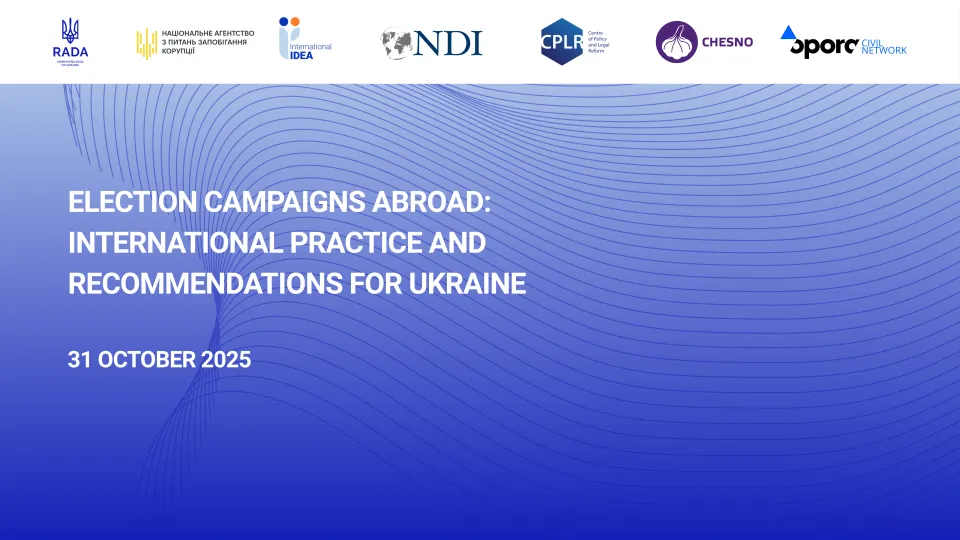Dân chủ trực tiếp
While many books on direct democracy have a regional or national approach, or simply focus on one of the many mechanisms associated with direct democracy, this Handbook delves into a global comparison of direct democracy mechanisms, including referendums, citizens’ initiatives, agenda initiatives and recall.
A detailed look into each of these instruments is discussed in a chapter-by-chapter analysis of each tool, including comprehensive definitions, how each instrument can be used to shape political decisions and an outline of the steps most often involved in planning any given procedure.
Also included as a chapter in the Handbook are possible measures for best practices of implementation, designed for those who wish to tailor direct democracy instruments to their specific needs. In order to further complement the best practices, a variety of country case studies detail the practical uses of direct democracy mechanisms in specific contexts. These case studies allow for in depth discussion of particular issues, including signature collection and voter participation, campaign financing, media coverage, national variations in the usage of direct democracy procedures and national lessons learned.
In addition, the uniquely comprehensive world survey outlines direct democracy provisions in 214 countries and territories and indicates which, if any, of these provisions are used by each country or territory at the national and sub-national levels. Furthermore, the world survey includes valuable information regarding the binding or non-binding nature of referendums, as well as issues that can be brought to a referendum.
Details
Related databases & tools
Contents
Lời tựa
Lời mở đầu
Lời cảm ơn
Các từ viết tắt
Giới thiệu: Dân chủ trực tiếp trong bối cảnh chính trị
Chương 1. Tổng quan
Chương 2. Khi các nhà chức trách gọi một cuộc trưng cầu dân ý: Các cân nhắc thiết kế và chính trị..
Chương 3. Khi công dân đưa ra sáng kiến: cân nhắc thiết kế và chính trị
Chương 4. Các sáng kiến chương trình nghị sự: khi công dân đề xuất về một chương trình nghị sự..
Chương 5. Khi công dân thu hồi các quan chức đã được bầu
Chương 6. Làm thế nào công dân được tham gia từng bước một
Chương 7. Các cuộc bỏ phiếu của dân chủ trực tiếp: thông tin, chiến dịch và tài chính
Chương 8. Dân chủ trực tiếp trên thế giới ngày nay: một sự so sánh tổng quát
Chương 9. Các khuyến nghị và những thực hành tốt nhất
Phụ lục A. Khảo sát thế giới về dân chủ trực tiếp ở 214 quốc gia và vùng lãnh thổ
Phụ lục B. Thuật ngữ
Phụ lục C. Tài liệu tham khảo và đọc thêm
Phụ lục D. Về các tác giả
Phụ lục E. Về IDEA Quốc tế
Mục lục
Give us feedback
Do you have a question or feedback about this publication? Leave us your feedback, and we’ll get back to you
Send feedbackDân chủ trực tiếp
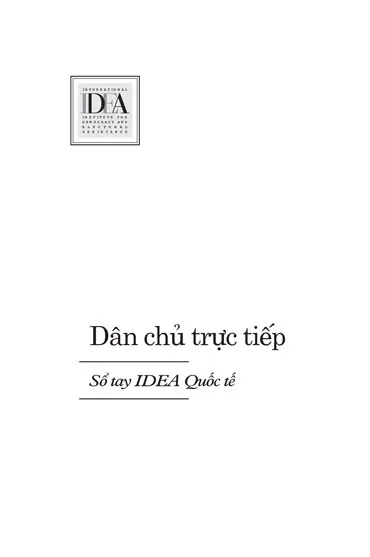
| Total views | 4319 |
|---|---|
| Downloads | 2 |
| Rating |
Related databases & tools
Give us feedback
Do you have a question or feedback about this publication? Leave us your feedback, and we’ll get back to you
Send feedback